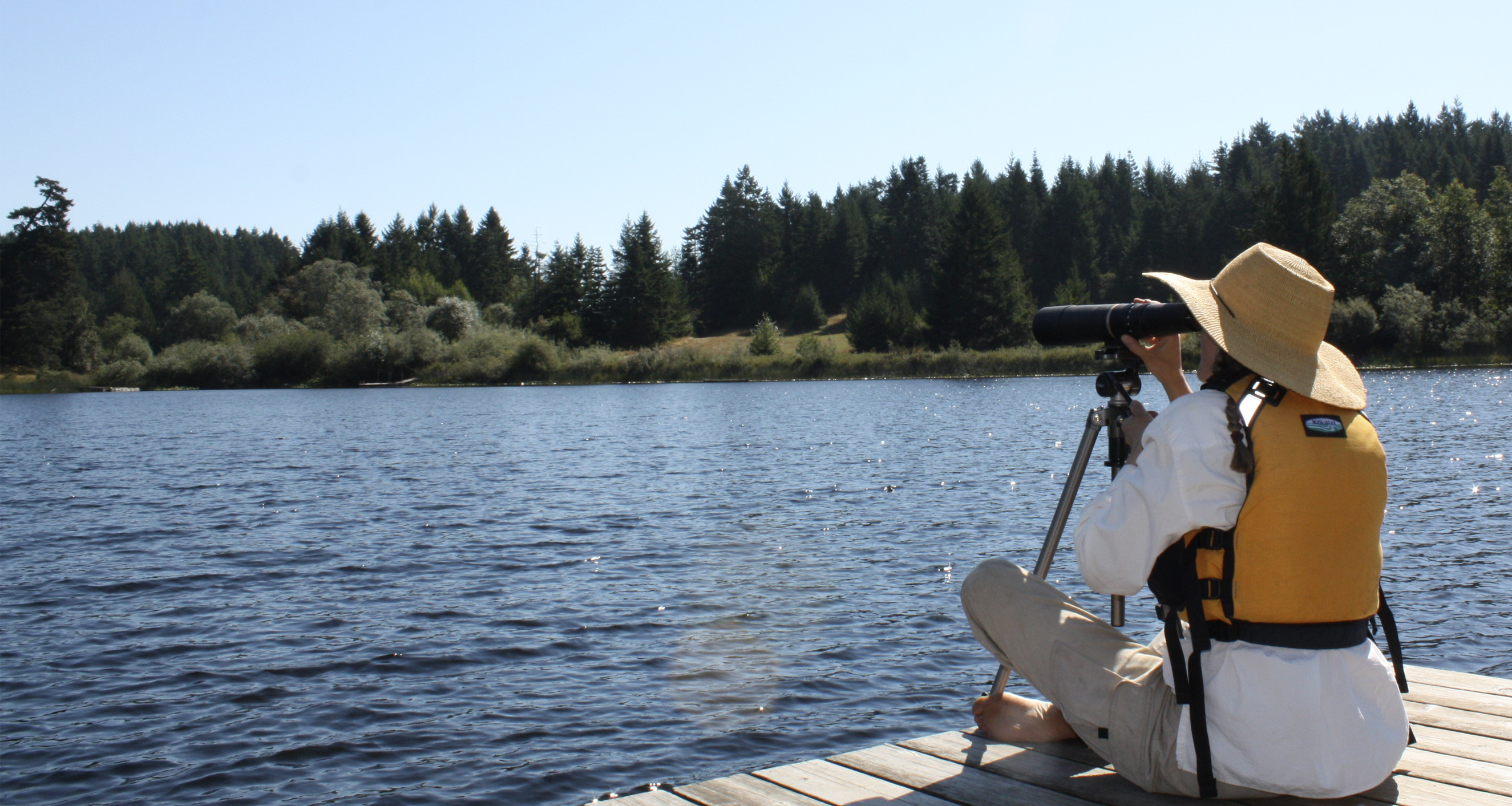Intake for Community Grant applications is now closed.
The next opportunity to apply will be January 2026.
Community Grants (formerly PCAF) provide funding to organizations and individuals who need financial help to implement a conservation project. Since 1974, the Province of BC and the Habitat Conservation Trust Foundation have provided approximately $150,000 each year to help implement on-the-ground conservation work, with a particular focus on hands-on, community-based, and public awareness initiatives.
Preferred Community Grant projects are those that:
- have long-range benefits,
- involve as many volunteers as possible, and
- raise community awareness and involvement in conservation
See our “Stewardship Grants: Which Grant is Right For You?” webinar for more info on Community Grants and HCTF’s stewardship grant umbrella here.
- How much funding can we apply for?
Eligible expenses up to $10,000 in any one year. You must match the requested funds by contributing a combination of volunteer labour (credited at $20 per hour), materials, or other allowable donations. At least half of your matching funds must be made up of volunteer labour. See the Application Rules & Guidelines document on the “Apply” tab for more information. To assist as many groups as possible Community Grants are modest, averaging about $2,500 each. The maximum total amount available over the life of a Community Grant project is $20,000.
- Community Grant Application Cycle
-
- Intake opens January 15
Online application submission January-February (see the Apply tab for more info).
- Application deadline is February 28 at 4:30pm (PT)
- Proposal review & funding decisions (March-May)
Submitted Community Grant proposals are reviewed in March through April and final decisions are made in May by a subcommittee of the HCTF Board of Directors. - Notification & approval letters (June)
Applicants will be notified in June. Notification emails from the online Survey Apply system will be sent in June to inform applicants whether their Grant application was approved for funding. An applicant may be funded for less than the amount requested, or there may be funding conditions to satisfy before the funds are released. - Payment
100% of the approved amount is paid shortly after notifications are emailed out. If your application is successful, you will be able to choose to receive your funds as a cheque or EFT payment. Details outlining these options will be included in your notification. Cheques will be sent in the mail to the address noted on the application. EFT payment forms can be submitted to payables@HCTF.ca.
- Intake opens January 15
*Please make sure you add grants@hctf.ca and noreply@mail.smapply.net to your safe senders list.
-
You can view the list of Community Grant projects funded in 2023 here.
Intake for Community Grant applications is now closed.
The next opportunity to apply will be January 2026.
Important Update! Based on feedback from proponents and discussion with the Board Subcommittee, HCTF has updated our Policy regarding Ministry Letters of Support. Starting Spring 2023, the Ministry Letter of Support is no longer required for Community Grant applications.
If you intend to apply for further funding to continue the same Community Grant project, you must submit a new application each year and include a report, outlining expenditure details and information on the progress of your currently funded Community Grant project (see Reporting tab for more details).
As the Community Grant will not fund activities retroactively, funded project activities cannot begin until those notifications have been received. We understand that this may impact this summer’s activities, however, we hope that proponents can manage this within the five-year window allowed for the expenditure of the Community Grant. Thank you for your understanding.
Note: There is no longer a budget spreadsheet to download as it is now incorporated into Survey Apply.
How to Apply
- Read our FAQs for instructions on using the online application system to submit your proposal.
2. Complete and submit your application online using the Survey Apply system.
Questions?
Any questions about the application process can be sent to grants@hctf.ca.
Once your Community Grant (formerly PCAF) project has been completed, a report is required which details the activities that were conducted. If you intend to apply for additional funds, a progress report must be submitted with your new application submitted on Survey Apply by the spring due date.
You have a maximum of five (5) years for the implementation of the project and expenditure of the grant. A final report and any unused funds must be returned within sixty (60) days of completion, termination or expiration of the allowable term.
For projects submitted through Survey Apply in 2021 and onwards, the final report should be submitted through the Survey Apply system.
For projects that were approved before 2021: Download the Community Grant Report Form below and send to reporting@hctf.ca.
Please include any available photos documenting your project, news clippings, etc. as these are useful for displays, presentations and other public relations activities.






